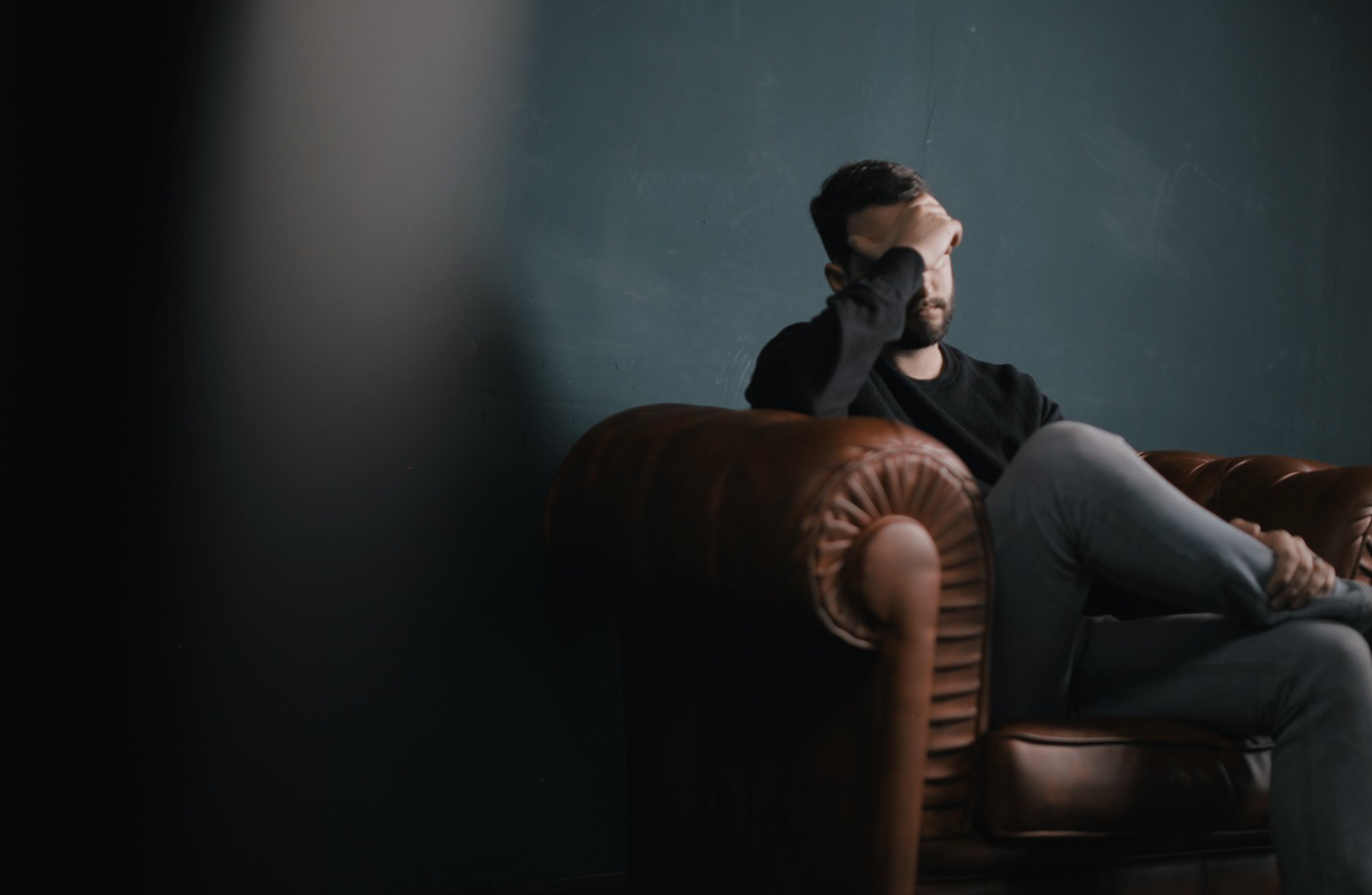Gyroscopes, Eggs, and College Students’ Mental Health
Many students enter college with the mental and emotional stability of a spinning gyroscope – at least in the short-term. They’re able to maintain good balance even when nudged pretty sharply. Others arrive on campus with the tenuous stability of an egg balanced on end, ready to fall over with potentially messy consequences. Regardless, all undergraduates – all of them – are subject to enormous academic and other pressures that can disrupt equilibrium and exacerbate any latent instabilities. Few are fully prepared to cope with those pressures.
It should come as no surprise, then, that large and increasing numbers of college students in Florida and across the rest of the nation suffer from anxiety and depression, swamping college mental health counselors and facilities. What’s surprising is how poorly, on balance, schools serve their students in times of greatest need — and that Florida state legislators have been aware of the situation for a long time but have repeatedly turned a deaf ear to requests for funding to alleviate the problem.
We’re not overstating the case: Last month, in a newyorktimes.com post titled As Students Struggle With Stress and Depression, Colleges Act as Counselors, Brad Wolverton, a Senior Writer for The Chronicle of Higher Education, discussed “the intense struggles students can face and the increasing steps colleges are taking to manage what some experts are calling a mental health crisis on campus”:
Students and institutions are grappling with issues like the surge in school shootings and trauma from suicides and sexual assault. But it’s not just the crises that have shaken this generation — it’s the grinding, everyday stresses, from social media pressures to relationship problems to increased academic expectations.
 More than 60 percent of college students said they had experienced “overwhelming anxiety” in the past year, according to a 2018 report from the American College Health Association. Over 40 percent said they felt so depressed they had difficulty functioning. [emphases added]
More than 60 percent of college students said they had experienced “overwhelming anxiety” in the past year, according to a 2018 report from the American College Health Association. Over 40 percent said they felt so depressed they had difficulty functioning. [emphases added]
Money problems are exacerbating their worries. Mental health professionals say college students have experienced financial burdens on a different scale than many of their predecessors. They grew up during the Great Recession and have seen family members lose jobs and homes. They have great uncertainty about their career prospects and feel pressure to excel academically or risk losing job opportunities.
“There’s a much more radical feeling that you’re either a winner or a loser,” said Victor Schwartz, a psychiatrist and medical director of the Jed Foundation, which helps colleges improve their mental health programming. “That’s put tremendous pressure on college students and is feeding a lot of the anxiety we’re seeing.”
As students have encountered more mental health problems, they have sought help in record numbers. Between the fall of 2009 and spring of 2015, the number of students who visited campus counseling centers increased by more than 30 percent, while college enrollment climbed just 5 percent [italics added], according to a 2015 report by the Center for Collegiate Mental Health.
Similarly, scientificamerican.com, in a post titled Surging Demand for Mental Health Care Jams College Services, reported having “surveyed dozens of universities about their mental health services” and found that students might have to wait weeks for a basic consultation and sometimes even longer to see a psychiatrist:
From major public institutions to small elite colleges, a striking pattern emerged: Students often have to wait weeks just for an initial intake exam to review their symptoms. The wait to see a psychiatrist who can prescribe or adjust medication — often a part-time employee — may be longer still.
When students do get in to campus counseling centers, most see therapists, social workers, or perhaps psychologists.
Just 6 in 10 college counseling centers have a psychiatrist available, even part-time, to prescribe or adjust medications, according to the annual survey, conducted by the Association for University and College Counseling Center Directors. That’s a serious mismatch, given that about one-quarter of college students who seek mental health services take psychotropic medications. [emphasis added]
 We wish we could say that things are better with respect to mental health counseling services for students in Florida colleges, but they aren’t: A post titled Take a number: Florida college campuses swamped by students who need counseling on tampabay.com states that
We wish we could say that things are better with respect to mental health counseling services for students in Florida colleges, but they aren’t: A post titled Take a number: Florida college campuses swamped by students who need counseling on tampabay.com states that
 In Florida, over a six-year period, student counseling clients have jumped nearly 50 percent.
In Florida, over a six-year period, student counseling clients have jumped nearly 50 percent.
Campuses with short-staffed counseling centers struggle beneath a "triple tsunami" of students in need.
Florida's higher education leaders are calling it a crisis. College students wait up to a month for appointments at short-staffed centers. They get shorter appointments, less often, as universities flounder under the pressure of unprecedented demand for mental health services.
Ten of Florida's 12 state universities fail to meet recommended staffing levels of 1 counselor per 1,000 students. The ratio goes as high as 1 to 3,400.
The post, More college students seek mental health services, on gainseville.com reports that students coming to the University of Florida’s Counseling and Wellness Center for services increased from 4,400 in 2015-16, to 4,700 in 2016-17, to 5,100 in 2017-18 — and that latter figure constitutes 10 percent of the student body. Further,
Laura Zwilling, director of the Counseling Center at Santa Fe College [in Gainseville, FL], says she’s seeing more students who have been under pressure since elementary and high school. Some have been on psychotropic medication since they were children
Among Florida’s 28 state colleges, only five — including Santa Fe College — have counseling centers. Yet half of community college students nationwide report past or active mental health needs, Zwilling said.
Santa Fe’s counseling center can have a week-long waitlist at times, although it always has a counselor available for walk-ins. At UF, the CWC has an average waitlist time of 16 days.
The situation is clearly cautionary for all parents and students – especially so for students with known or suspected mental health issues. In a recent post on grownandflown.com concerning college selection, one of the 10 suggested criteria for parents to consider is
Access to health and mental health care
If you know your student has special health needs or struggles with mental health issues such as anxiety or depression, you’ll definitely want to make sure there are good, easily accessible resources for your student on or near campus. Even if your child is the picture of health, it’s important to be aware of the quality of healthcare a school offers. The stress of college and being away from home can take its toll on students, and it can give you and your child peace of mind to know that there are solid resources in place to meet their needs.
That sounds like good advice to us, so we’re passing it along to you.
